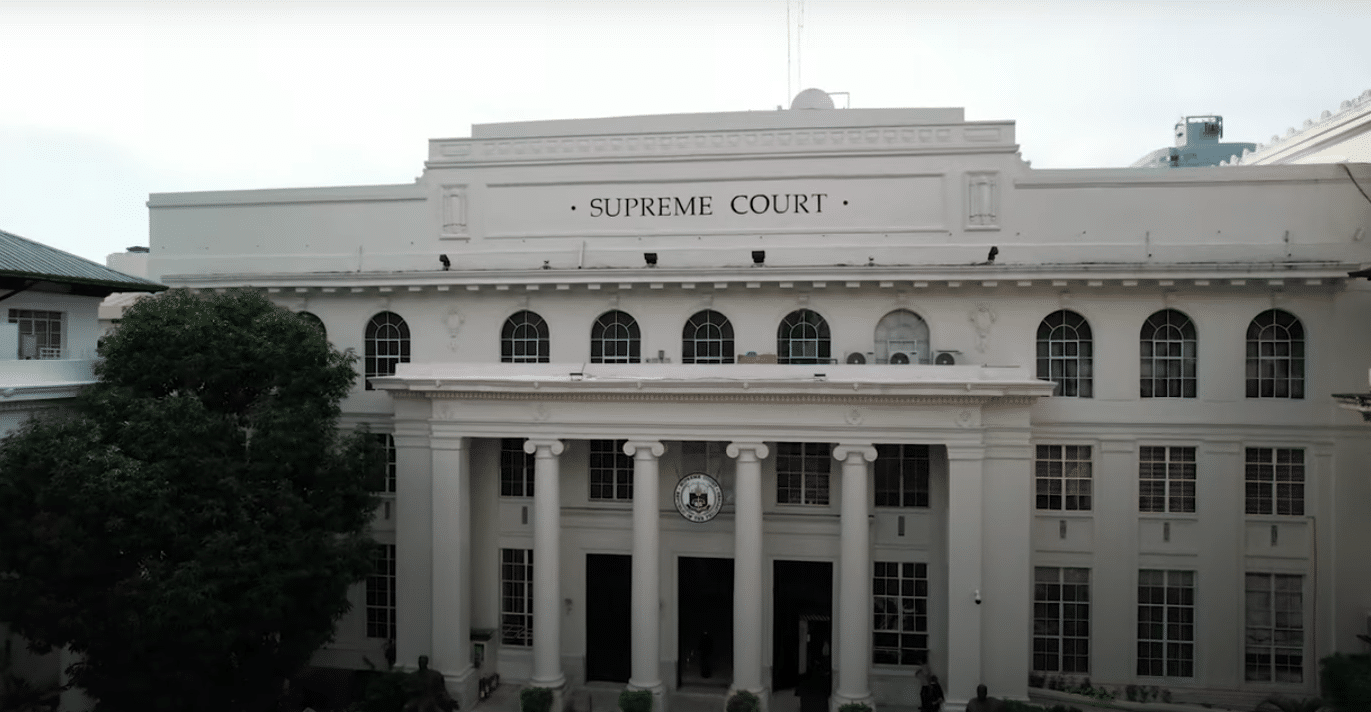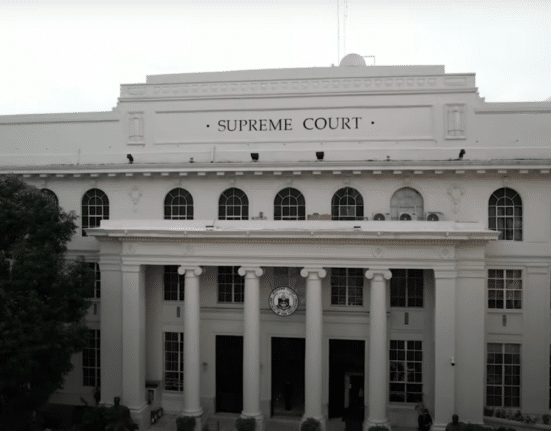The Supreme Court has issued a writ of kalikasan in response to a petition seeking to block the commercial release of genetically modified rice and eggplant products.
The Court made the decision during its en banc session on Tuesday, April 18.
It also required the respondents—the Secretary of the Department of Agriculture, the Secretary of the Department of Environment and Natural Resources, the Secretary of the Department of Health, the Director of the Bureau of Plant Industry of the Department of Agriculture, the Philippine Rice Research Institute, and the University of the Philippines Los Baños (UPLB) to file a verified return within 10 days from service.
A writ of kalikasan is a legal remedy available to a person or group “whose constitutional right to a balanced and healthful ecology is violated, or threatened with violation, by an unlawful act or omission of a public official or employee, or private individual or entity, involving environmental damage of such magnitude as to prejudice the life, health, or property of inhabitants in two or more cities or provinces,” according to the SC.
SUGGESTED STORIES:
Livestream of ICI hearings now allowed
AFTER back-and-forth argument, the Independent Commission for Infrastructure (ICI) said.
SB19, Cup of Joe are big winners in the inaugural Filipino Music Awards
SEVERAL of the biggest and rising stars in the local.
Army reservists no more! AFP delists Cavite Rep. Barzaga
THE Philippine Army has delisted Cavite 4th District Representative Francisco.
The respondents must provide affidavits of witnesses, documentary evidence, scientific or other expert studies, and, if possible, object evidence to show that they did not violate, threaten to violate, or allow the violation of any environmental law, rule, or regulation, or commit any act resulting in environmental damage.
In October 2022, the petitioners, led by Magasasaka at Siyentipiko Para sa Pag-Unlad ng Agrikultura (MASIPAG), asked the SC to order the concerned government agencies to do the following:
- refrain from commercially propagating Golden Rice and issuing biosafety permits for commercial propagation of Bt Eggplant
- cease and desist from commercially propagating Golden Rice and Bt Eggplant until such time that proof of safety and compliance with legal requirements is shown
- declare all biosafety permits for Golden Rice and Bt Eggplant null and void
- perform independent risks and impact assessments, obtain the prior and informed consent of farmers and indigenous peoples, and implement liability mechanisms in case of damage, as required by law.
The petitioners claimed that Golden Rice has been modified by inserting a gene from maize and a gene from bacteria found in soil, which allows the plant to biosynthesize beta-carotene in the edible parts of rice.
They also said that Bt Eggplant was designed so that the plant would produce its own toxin to kill the fruit and shoot borer, which is one of several common pests that consume and damage eggplants.
How useful was this post?
Click on a star to rate it!
Average rating 0 / 5. Vote count: 0
No votes so far! Be the first to rate this post.
We are sorry that this post was not useful for you!
Let us improve this post!
Tell us how we can improve this post?









